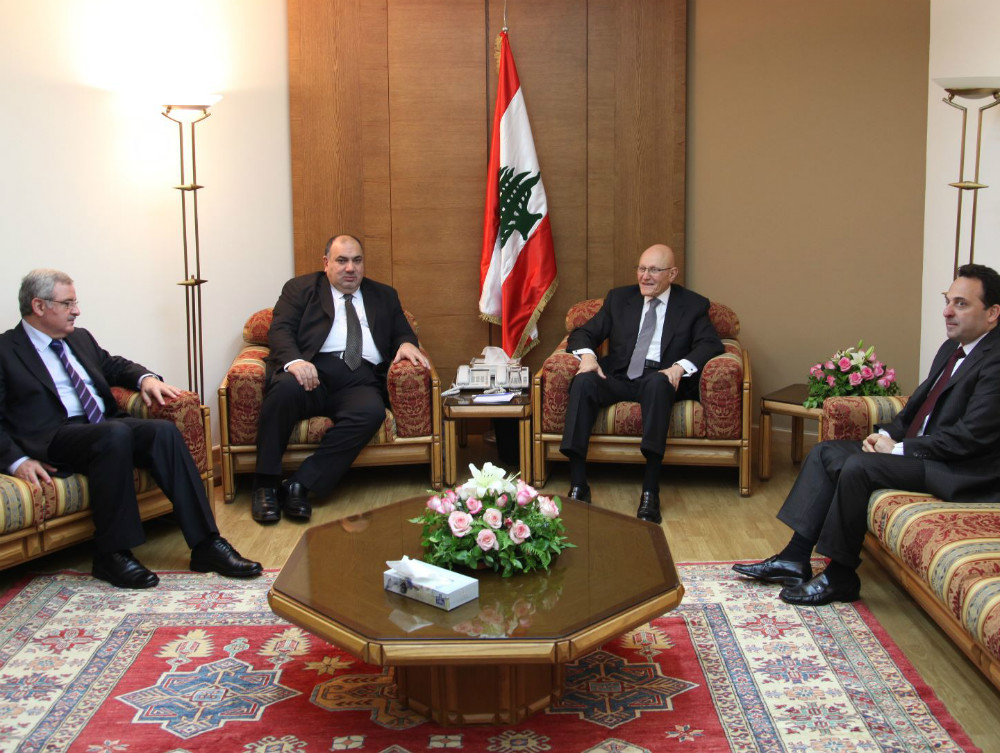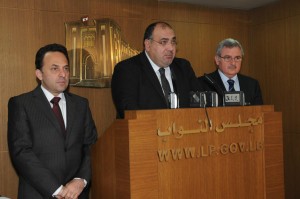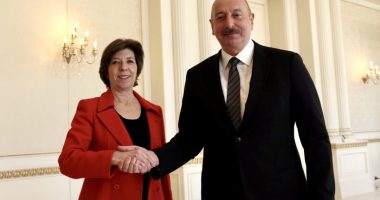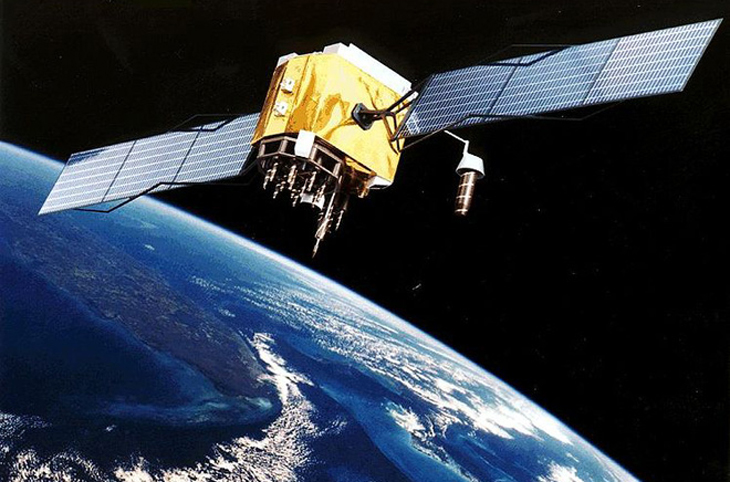Lebanon’s Prime Minister-designate Tammam Salam began a second day of consultations Wednesday by meeting with parliamentary blocs, including the Armenian Solidarity Bloc, over the formation of a new Cabinet.
Salam is expected to form a national unity government, a process that could take him a long time because of the sharp divisions among Lebanese politicians, which have increased during the past two years as a result of Syria’s crisis.
Representing the Armenian Solidarity Bloc, MP Sebouh Kalpakian, called for a technocrat government in charge of organizing the elections as scheduled, while seeking approval of an electoral law that would guarantee a healthy representation of the Lebanese people.
“We don’t want Armenians to be marginalized. We want key [Cabinet] portfolios that suit Armenian’s role and sacrifices,” Kalpakian told reporters after the meeting.
Outgoing Prime Minister Najib Mikati resigned last month over a political deadlock between Lebanon’s two main political camps and infighting in his government. Mikati, who was prime minister since June 2011, headed a government that was dominated by the Shiite Muslim Hezbollah group and its allies.
Within the Lebanese Parliament, Lebanon’s ethnic Armenian population maintains six seats; four Armenian Parliamentarians; three SD Hunchakian Party parliamentarians along with the ADL (Ramgavar) parliamentarian constitute the Armenian Solidarity Bloc and are allied with the pro-western March 14 Forces. The two remaining Armenian parliamentarians are affiliated with the ARF (Tashnak) party and are allied with Hezbollah led “March 8” government.











